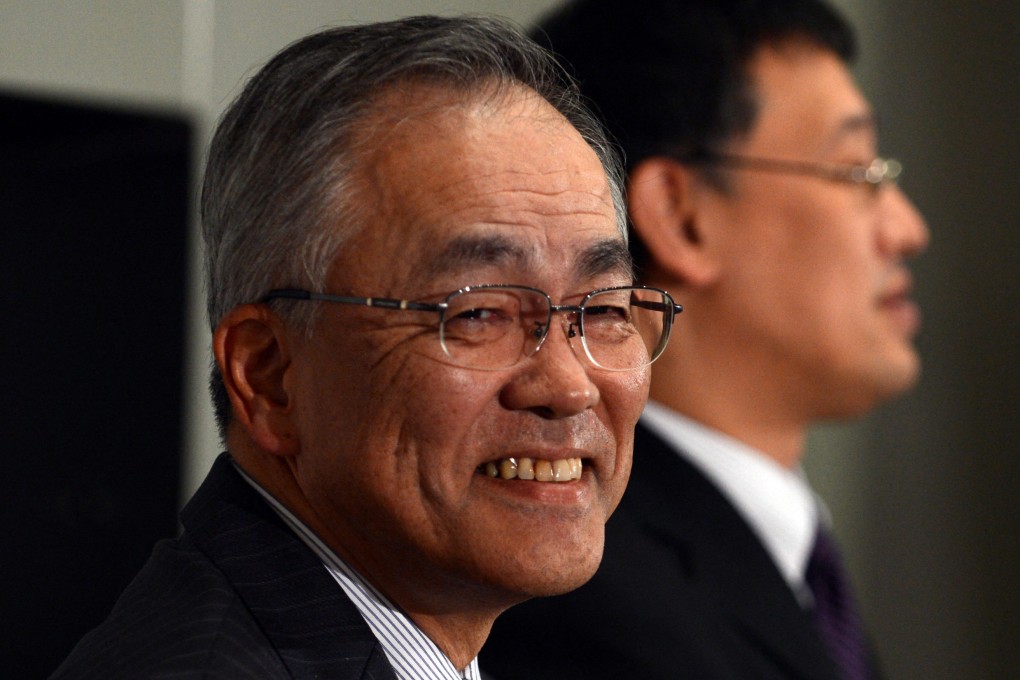Advertisement
China’s zero-Covid policy threatens global economic growth, says Bank of Japan policymaker
- China’s zero-Covid curbs may prolong supply-chain woes and intensify inflationary pressures, Japanese official Toyoaki Nakamura cautions
- Remark follows a warning last month by International Monetary Fund head Kristalina Georgieva that China should reassess its approach
Reading Time:2 minutes
Why you can trust SCMP
13

China’s zero-Covid restrictions may heap pressure on the global economy by prolonging supply-chain disruptions and intensifying the impact of inflation, a Bank of Japan (BOJ) policymaker said on Wednesday.
The remark follows a warning last month by International Monetary Fund head Kristalina Georgieva that China should reassess its zero-Covid approach to the pandemic, given the emergence of the highly contagious Omicron variant.
“China’s economy is the world’s market and factory,” BOJ board member Toyoaki Nakamura said in a speech. “There’s a risk that its zero-Covid policy, amid widening Omicron infections, could weigh on the global economy, as well as prolong global supply-chain disruptions and inflationary pressures.”
Advertisement
Uncertainty over how quickly Japanese companies pass on rising raw material costs to households is also among the risks to the country’s economy, said Nakamura, a former executive at Japanese electronics giant Hitachi.
Nakamura said Japan’s economy is expected to recover as the impact of the pandemic and supply constraints subside.
Advertisement
But he said the BOJ will maintain its ultra-loose monetary policy to ensure the economy strengthens enough to accelerate inflation to its 2 per cent target.
Advertisement
Select Voice
Choose your listening speed
Get through articles 2x faster
1.25x
250 WPM
Slow
Average
Fast
1.25x